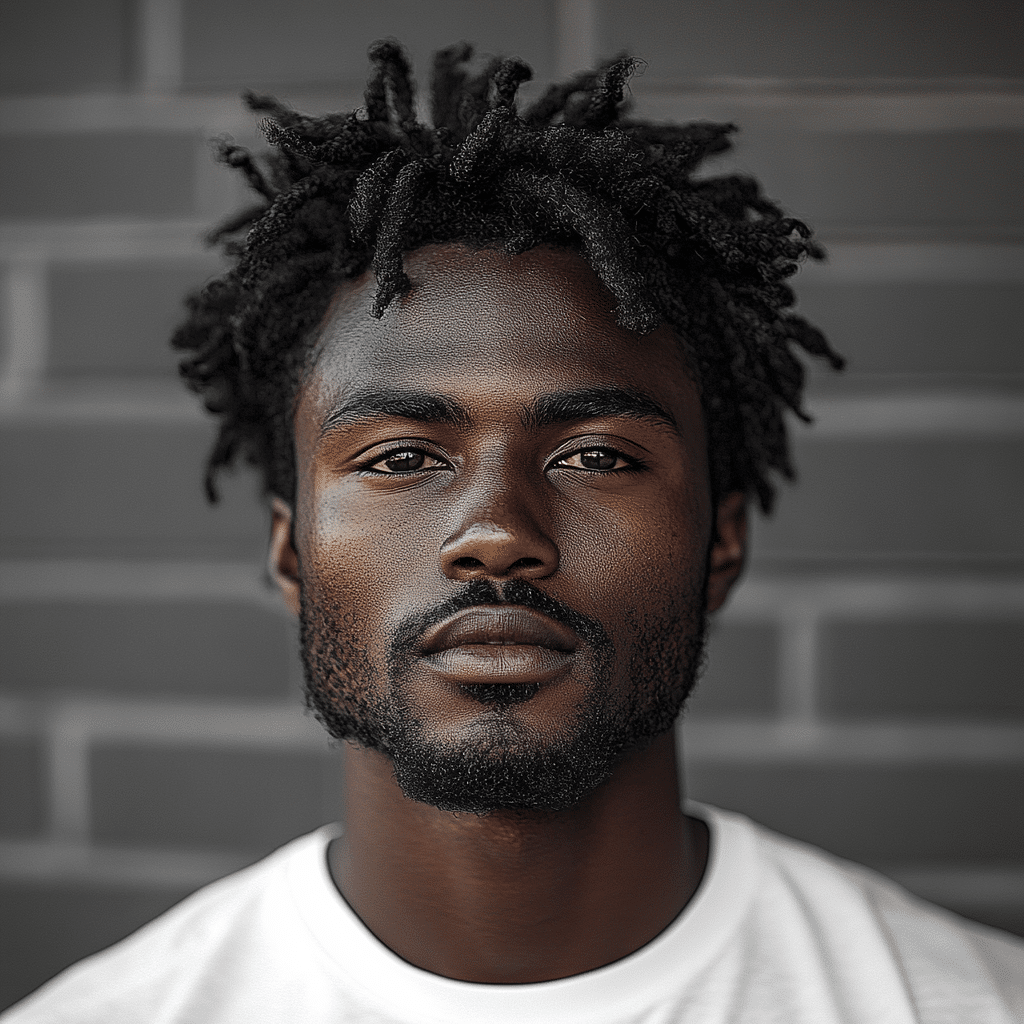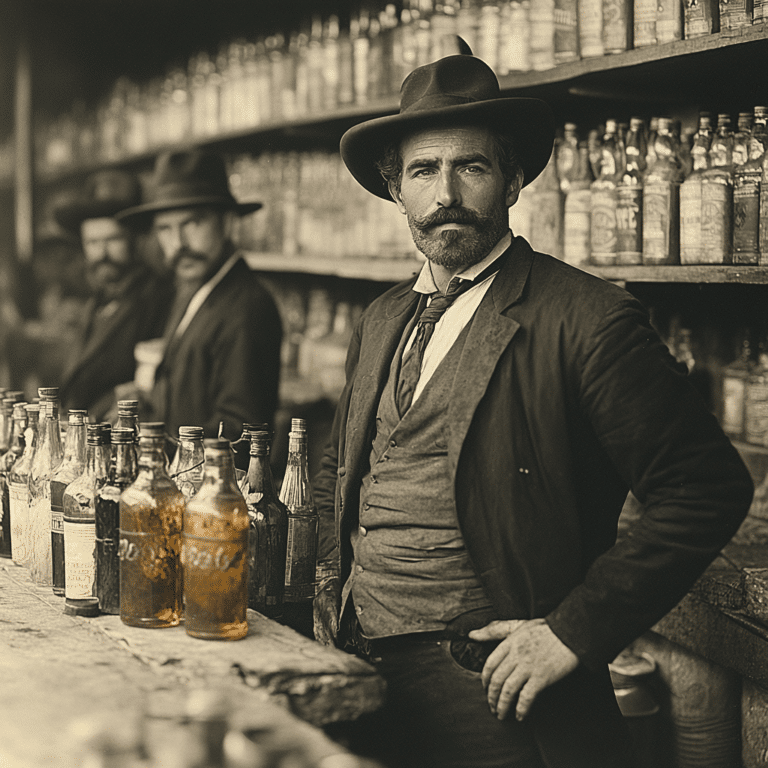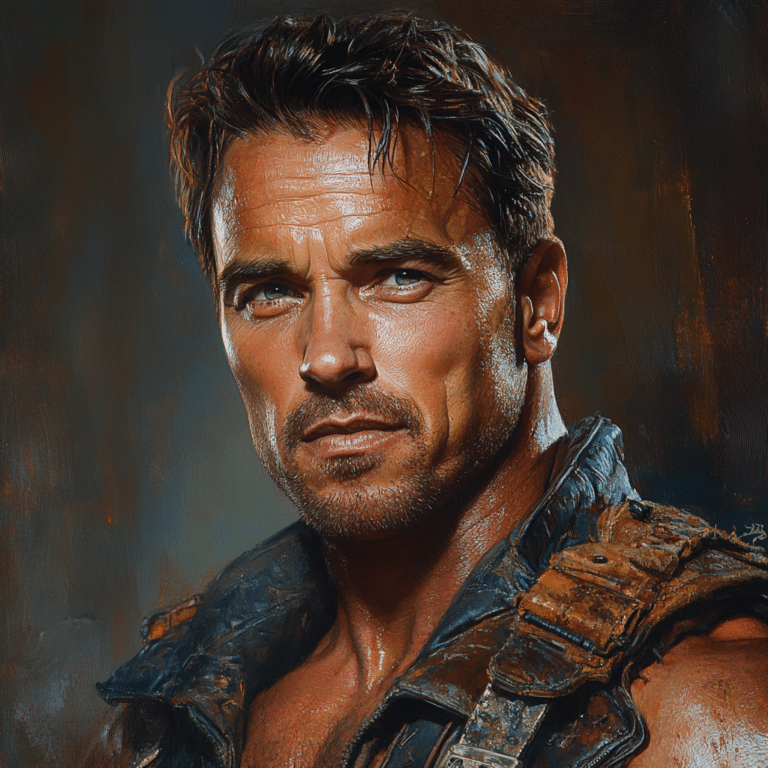ArKete Davis is more than just a name on California’s death row; he’s become a focal point for debates surrounding crime, justice, and systemic reform. As of January 2024, Davis remains incarcerated at the Adjustment Center in San Quentin State Prison, whose walls echo with the stories of many who have faced the ultimate penalty. But what makes ArKete Davis such a divisive figure? From his troubled early life to the legal battles that ensued after his conviction, the complexities surrounding his case compel us to reflect on broader issues within our judicial system.
7 Key Aspects of ArKete Davis’s Life and Case That Spark Debate

1. Background and Early Life
Born in 1987 in the gritty streets of Detroit, Michigan, ArKete Davis’s early years were anything but easy. He grew up in an environment marred by violence, crime, and systemic challenges. Davis faced significant hardships, including limited parental support and exposure to a world where survival often meant succumbing to the darker aspects of life. This tumultuous upbringing undoubtedly shaped his worldview and eventually influenced the choices he would make later on.
With poverty as a backdrop, Davis’s formative years were filled with challenges that many young people don’t encounter until much later in life. These experiences instilled in him a mix of survival instincts and mistrust toward authorities—both of which would play out tragically in the ensuing years. Does a difficult upbringing justify his actions? That’s a contentious debate that fuels opinions in today’s deeply polarized society.
2. The Crime: A Detailed Examination
In 2005, Davis was accused and later convicted for the shocking murder of a local shopkeeper, a crime that sent ripples of fear throughout the community. The trial was marked by contentious debates around the integrity of the judicial process. There were claims surrounding unreliable witness accounts and a lack of compelling evidence, which have only deepened the divides in public opinion.
Skeptics pointed to the sensationalized nature of the case, questioning whether the media and public outcry overshadowed the need for balanced journalism. Was justice truly served? Critics argue that these dynamics can lead to wrongful convictions, as unyielding pressures often compel juries to deliver swift verdicts.
3. Legal Battles: From Trial to Appeals
Davis’s legal saga didn’t end with his conviction; it spiraled into a series of appeals laden with allegations of ineffective counsel and prosecutorial misbehavior. Throughout these appeals, assertions about the inadequacies of his legal representation came to light. These concerns have since sparked discussions surrounding the systemic flaws in the justice system, shining a spotlight on the reliability of witness testimonies.
A noteworthy aspect of Davis’s legal struggles is the role of public sentiment in shaping outcomes. Supporters argue that their grassroots campaigns revitalize hope for those who feel marginalized by a judiciary system that appears to penalize the underprivileged. The plight of ArKete Davis invites a critical examination of who we consider deserving of legal protection.
4. Public Support and Activism
A powerful grassroots movement has emerged in support of ArKete Davis, featuring advocacy groups like the Innocence Project rallying for his release. These organizations highlight the complexities surrounding wrongful convictions. They assert that while crime must be confronted, it’s equally vital that we don’t lose sight of the humanity behind each case.
Public opinion sways the legal landscape, evidenced by protests and campaigns that bring renewed focus on capital punishment issues. Activism has shifted how we view not only Davis but also those like him who languish on death row. Are these movements resilient enough to shed light on instances where justice may have faltered?
5. Media Portrayal and Public Perception
Media coverage of ArKete Davis has been a double-edged sword, with some outlets presenting him as a victim of circumstance while others highlight his rap sheet. This divide reflects deeper societal attitudes toward crime, forgiveness, and justice. Davis’s notoriety has sparked heated debates about criminal behavior and the potential for redemption.
With sensational headlines framing the narrative, public perception has often swayed like a pendulum. Some see Davis as an unfairly targeted victim, while others contend that his past justifies his current fate. Is such polarization beneficial for our society, or does it complicate the quest for fair justice?
6. Mental Health and Prison Environment
Incarceration takes a toll on everyone, but ArKete Davis’s case raises critical questions regarding mental health, especially on death row. Reports indicate that Davis has battled psychological issues during his time in prison. With psychologists noting the harmful effects that prison conditions can produce, we must ask—how does confinement impact an individual’s mental well-being?
The implications of Davis’s struggles serve as a harrowing reminder of the inadequacies that plague the prison system. Limited access to mental health resources exacerbates the issues faced by those behind bars, leading to a call for reform that addresses not just punishment but rehabilitation.
7. The Broader Implications of Davis’s Case
Few realize that ArKete Davis’s case transcends his individual circumstances. It prompts urgent discussions about the ethics of capital punishment, highlighting systemic flaws that affect many within the justice system. Advocates argue for reforms on mandatory sentencing laws and the death penalty itself, emphasizing that Davis’s situation embodies larger societal failings.
As heated conversations surrounding justice reform heat up, Davis’s case might be a catalyst for change. Will his story serve as a wake-up call for lawmakers to rethink policies that can lead to irreversible consequences for countless lives?

Reflecting on ArKete Davis: A Case Study for Justice Reform
As the narrative surrounding ArKete Davis continues to unfold, it invites all of us to engage in essential discussions about the integrity of our judicial system. The morality of capital punishment is at stake, and so is the validity of the processes that convict men and women like him.
Davis’s fight isn’t merely about personal freedom; it encapsulates a struggle reflecting systemic failings that permeate through our courts. By delving into the controversies surrounding his life and case, we gain a deeper understanding of the complexities embedded in the American legal system.
In a time where every voice counts, the story of ArKete Davis reveals the urgent need for re-evaluation of justice practices that can no longer afford to be overlooked. His case is not just a footnote in legal history; it has the potential to inspire meaningful reform that champions fairness and compassion for all.
Arnete Davis: The Controversial Figure on Death Row
A Complex Journey
Arnete Davis’s story isn’t just about his alleged crime; it’s filled with twists and turns that resemble an intricate plot from a crime thriller. Born and raised in the heart of a bustling city, his upbringing was marked by struggles that many can relate to. In a world filled with noise and distraction, it’s easy to overlook the individual stories that shape the fabric of society—something that Davis’s life story exemplifies. Speaking of stories, do you know that a 69 Corvette Stingray is a hot favorite among car enthusiasts? Just like Davis’s life, it’s a blend of allure and contention.
The Heart of Controversy
The controversy surrounding Arnete Davis often centers on the criminal justice system itself. What does it mean when someone is declared “under contract”? In the case of legal standings, it signifies an agreement, but sometimes it can reflect the binding nature of the law that ensnares individuals like Arnete. It’s a weighty reminder of the legal battles many face today. Just as Biff Poggi tries to navigate the coaching world, Davis’s saga presents a myriad of challenges that can bog down both the innocent and the guilty.
An Unexpected Intersection
Interestingly, the unfolding of Arnete Davis’s case has brought attention to social issues that ripple across various sectors, including media coverage that can spark public debates. This is akin to the discussions surrounding modern issues such as California flooding storms, which often highlight socio-economic disparities. Many people become engaged and seek to understand what’s a lien on a property, hoping to grasp the financial and legal ramifications that also spill over into the lives of those like Davis.
As we dig deeper into the layers of Arnete’s life, one can’t overlook how impactful an individual’s circumstances can be. For instance, the criticism he received doesn’t just reflect on him, but on the broader conversation about justice and fairness, much like the search for the cheapest places to live amidst rising economic strains. With the scrutiny Davis faces, his case continues to serve as a mirror reflecting larger systemic issues—a reminder that behind every name, there’s a human story waiting to be told.

Is Davis still on death row?
As of January 2024, Davis is still on California’s death row in the Adjustment Center at San Quentin State Prison.
Who is Jordan Davis Florida mother?
Jordan Davis’s mother is Lucy McBath, who has been an outspoken advocate for social justice and gun control.
Who was the last person to be executed by the electric chair?
The last person executed by electric chair in the U.S. was Alan Lee Phillips in 2010 in Virginia.
Did they ever find Polly Klaas’ body?
Yes, Polly Klaas’s body was found in 1993, several months after her abduction in California.
Who is Jordan Childs father?
Jordan Child’s father is reportedly a man named Taron, though there may be limited public information on this.
How long has Jordan Davis been with his wife?
Jordan Davis has been married to his wife for several years, but specific time frames aren’t widely disclosed.
How many kids Jordan Davis have?
Jordan Davis has two children, showcasing his commitment to family life.
What were Troy Davis’ last words?
Troy Davis’s last words were a plea for his innocence, expressing his love for his family and asking for peace.
Is Franklin Delano Floyd still on death row?
Franklin Delano Floyd is still on death row, having been convicted in connection with serious crimes including murder.
What happened to Evelyn Davis?
Evelyn Davis was a prominent character in the case of her son, but she’s often referenced in the broader context of the discussion around gun violence and justice.
What happened to Franklin Davis?
Franklin Davis’s current status is limited in public knowledge, but his criminal history includes serious charges that led to significant legal consequences.





































